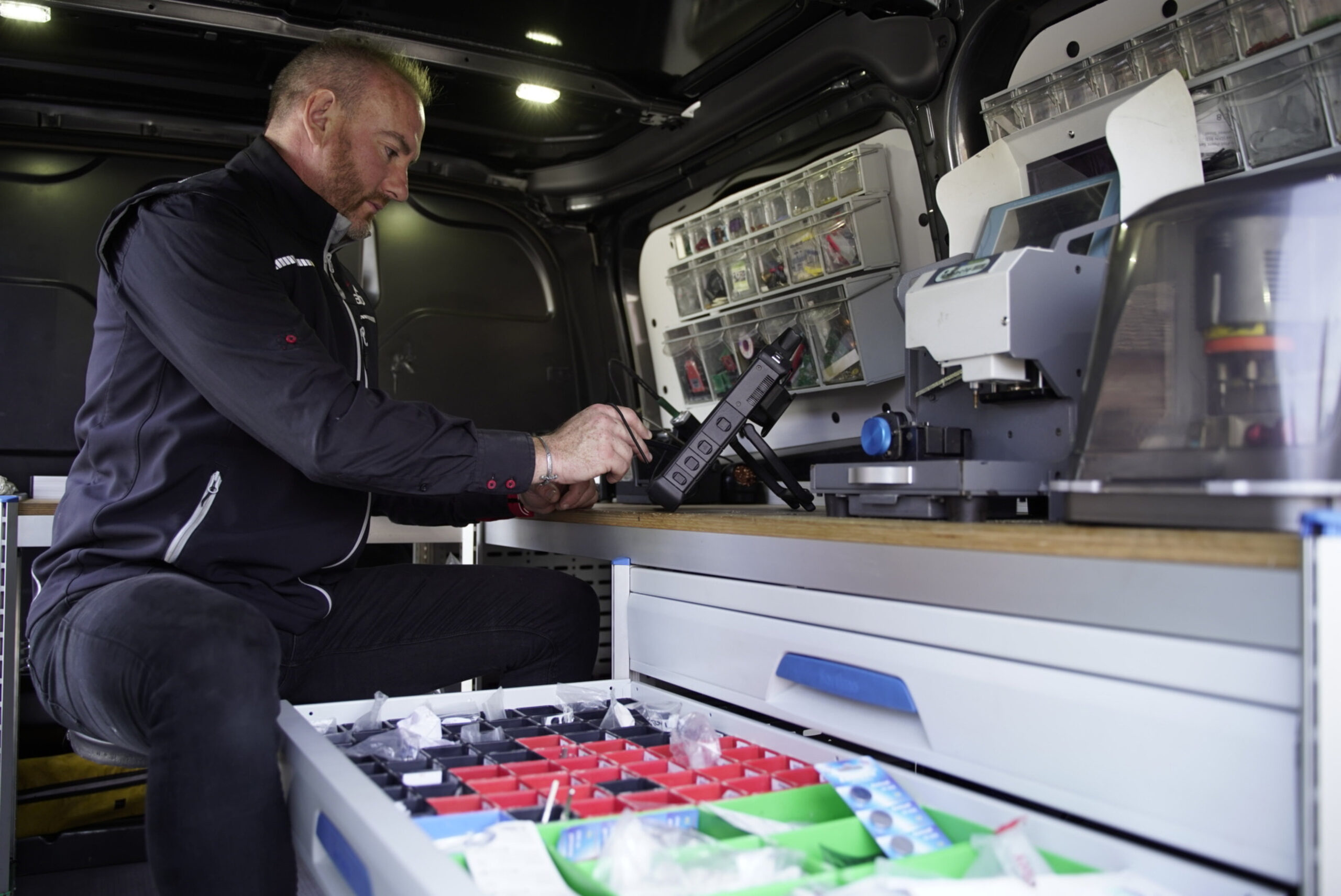
Auto Car Key Replacement: A Comprehensive Guide
Car keys are important parts of vehicle ownership. They guarantee the security of the vehicle and help with simple access for licensed users. Nevertheless, losing or damaging car keys can be a discouraging experience. Comprehending the procedure of auto car key replacement can assist car owners navigate this unanticipated scenario efficiently. This post digs into the types of car keys, the replacement process, expenses involved, and regularly asked questions to give readers a well-rounded understanding of auto car key replacement.
Comprehending Car Keys
Car keys can be found in different types, each designed for particular security standards and innovations. The most common types consist of:
- Traditional Metal Keys: The basic keys utilized for older designs, often quickly replicated.
- Transponder Keys: Equipped with a small chip that interacts with the car's ignition system, these keys boost security by avoiding unauthorized use.
- Remote Key Fobs: These permit keyless entry and, sometimes, engine start. They typically include a transponder chip.
- Smart Keys: A more advanced kind of key that makes it possible for keyless entry and ignition. The owner can start the vehicle while still in their pocket or purse.
- Keyless Entry Systems: Activated through proximity sensing units, allowing the motorist to unlock and begin the vehicle without physically utilizing a key.
Table 1: Types of Car Keys
| Type of Key | Description | Security Level |
|---|---|---|
| Conventional Metal Key | A fundamental key for opening and starting older cars | Low |
| Transponder Key | Includes a chip for electronic communication | Medium |
| Remote Key Fob | Allows keyless entry and may include remote start | High |
| Smart Key | Supplies keyless entry and functionality with distance | Really High |
| Keyless Entry System | Unlocks and starts vehicle automatically | Extremely High |
The Auto Car Key Replacement Process
When faced with a lost or harmed car key, understanding the replacement process is vital. Here are the steps included:
1. Assess the Situation
Before taking any action, validate whether the key is truly lost or harmed. Examine for spare keys or other prospective hiding areas within the vehicle or home.
2. Gather Necessary Information
Once it's verified that the key is undoubtedly missing or broken, collect important details about the vehicle. This details typically includes:
- Make and design of the vehicle
- Year of manufacture
- Vehicle Identification Number (VIN)
- Proof of ownership (vehicle title, registration, or insurance)
3. Select a Replacement Method
Car owners have a number of options for changing lost or broken keys. The finest choice often depends on the kind of key included:
- Dealership: The dealer can develop a brand-new key based upon the VIN, which is a protected method to ensure you get a key that deals with your vehicle.
- Locksmith professional: A certified automotive locksmith professional can be more cost-efficient and hassle-free, especially for transponder keys or clever keys.
- Do It Yourself Key Replacement Kits: Available at automotive shops, these packages might appropriate for standard keys, but care is recommended for modern-day keys.
4. Get a New Key
As soon as the chosen alternative has been chosen, the next step includes either going to the dealership or locksmith professional to have the new key produced. Make sure the car exists if it's needed for shows purposes.
5. Program the New Key
Depending on the type of key, programming may be necessary. This guarantees that the brand-new key is recognized by the vehicle's ignition system. Car dealerships and locksmith professionals generally have the tools needed for this.
6. Test the Key
After programming, test the key to guarantee it operates in both the ignition and locks.
7. Consider Additional Security
If a key is lost, it may pose a security risk. In such cases, consider reprogramming the vehicle's locks or the transponder system to prevent potential theft.
Cost of Auto Key Replacement
The cost of replacing a car key differs considerably based on numerous elements, consisting of vehicle make and design, and the methodology utilized for replacement. Here is a general cost breakdown:
| Replacement Method | Average Cost Range |
|---|---|
| Dealership | ₤ 150 - ₤ 500 |
| Automotive Locksmith | ₤ 100 - ₤ 300 |
| DIY Key Replacement Kit | ₤ 10 - ₤ 50 |
Frequently Asked Questions About Auto Car Key Replacement
Q1: Can I replace my car key myself?
A1: Depending on the type of key, you can use DIY kits for conventional metal keys. However, contemporary keys often require professional programs.
Q2: How long does it require to get a replacement key?
A2: The process can take as little as thirty minutes for locksmith professionals however might take longer at dealerships, especially if special purchasing is required.
Q3: What if I lose my only car key?
A3: If the only key is lost, you may need to have your vehicle pulled to a locksmith or dealership for a replacement.
Q4: Is it more affordable to get a key made at a dealer or locksmith?
A4: Generally, locksmith professionals can offer a more cost-effective service, particularly for non-high-security keys.
Q5: What can I do to avoid losing my car type in the future?
A5: Consider using key finders, key hooks, or designated spots in your house or car for easy access.
Reliable auto car key replacement is an important aspect of vehicle ownership. Comprehending the kinds of keys, the replacement procedure, and the associated costs can help car Key specialist owners make notified decisions when faced with lost or harmed keys. By being proactive, individuals can lessen the hassle and possible costs connected with key replacement.








